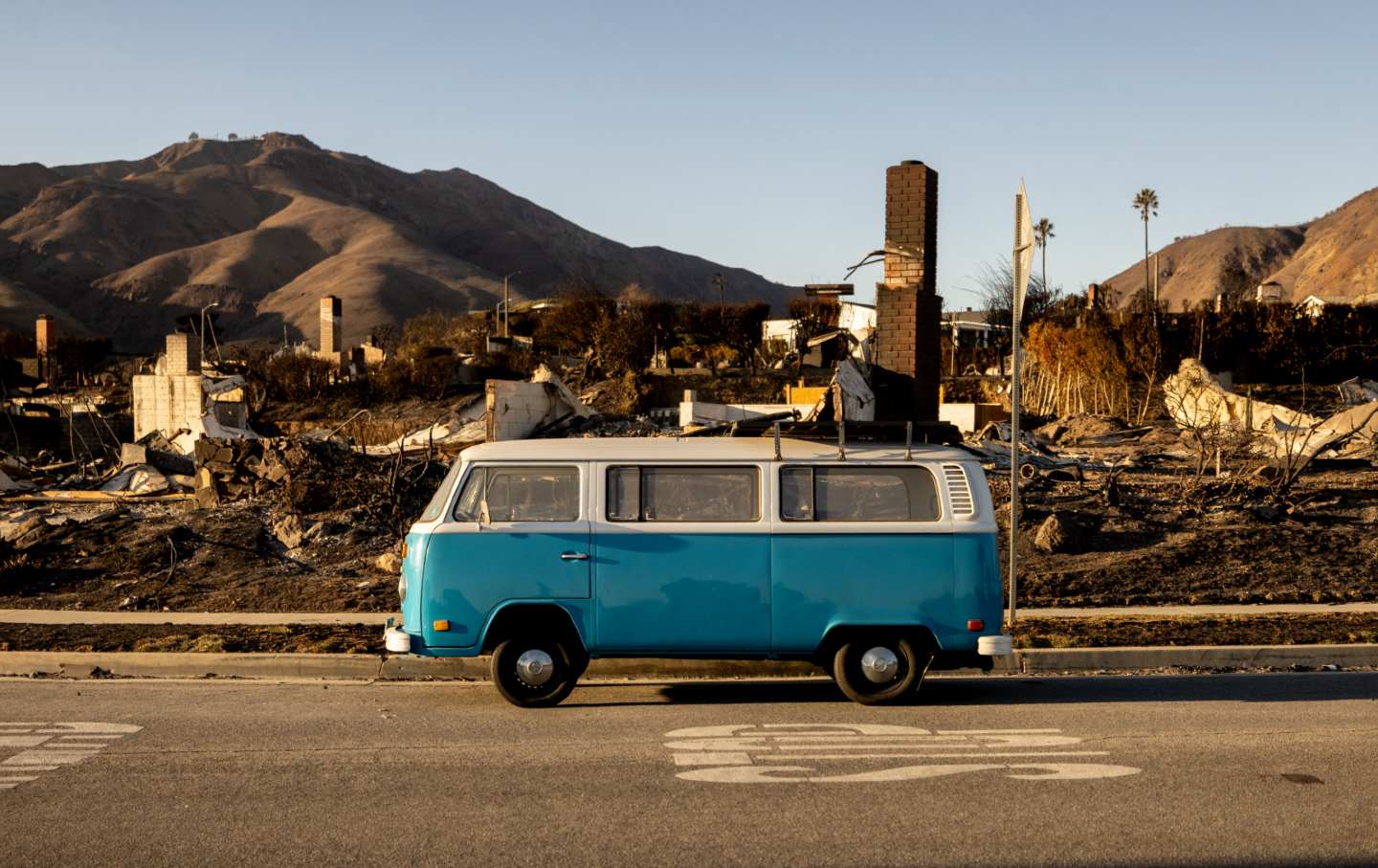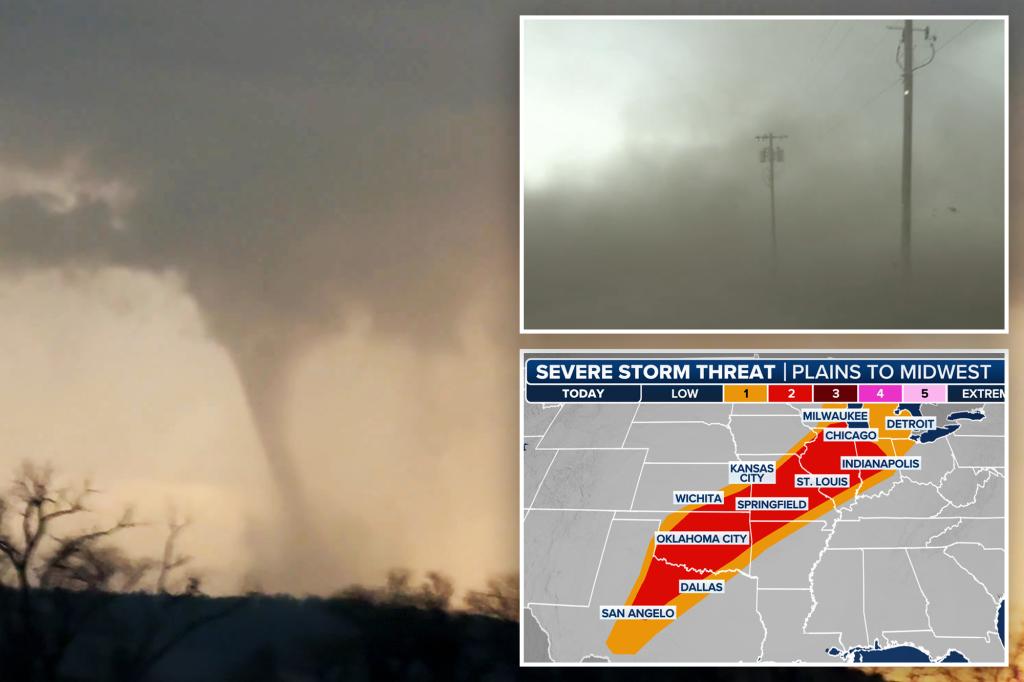Navigating the New Normal: Adapting to Our Climate-Era Challenges
As climate change reshapes our world, the concept of “normal” is evolving. Individuals and communities are finding innovative ways to adapt to environmental changes that seem unprecedented. From extreme weather events to shifting ecosystems, the challenges posed by our climate era demand resilience and creativity. This article explores how various sectors of society are responding to these challenges and what it means for our future.
The Unfolding Reality of Climate Change
The impacts of climate change are evident across the globe. Rising temperatures, increased frequency of natural disasters, and changes in weather patterns are just some of the signs that the planet is undergoing significant shifts. According to the Intergovernmental Panel on Climate Change (IPCC), global temperatures have already risen by about 1.1 degrees Celsius since the pre-industrial era. This warming is not just a statistic; it translates into real-world issues such as droughts, floods, and the displacement of communities.
Moreover, the effects of climate change are not uniform; they disproportionately affect vulnerable populations, exacerbating existing inequalities. As we navigate this new normal, it is crucial to recognize the interconnectedness of social justice and environmental sustainability.
Community Resilience: A Grassroots Approach
Communities around the world are stepping up to tackle climate challenges head-on. Grassroots movements have emerged, emphasizing local solutions to global problems. For example, many cities are implementing urban greening initiatives to combat heatwaves and improve air quality. These projects not only enhance biodiversity but also provide much-needed green spaces for residents.
- Community Gardens: Local residents are transforming vacant lots into gardens, promoting food security and fostering community bonds.
- Renewable Energy Co-ops: In many regions, neighbors are coming together to invest in solar panels, reducing reliance on fossil fuels.
- Disaster Preparedness Plans: Communities are developing strategies to prepare for and respond to natural disasters, ensuring that everyone has access to resources and support.
These initiatives illustrate that while climate change is a daunting challenge, local actions can lead to significant positive impacts. By fostering a sense of community, individuals are not only adapting but thriving in the face of adversity.
Innovations in Technology and Sustainability
As we seek to adapt to our climate-era challenges, technology plays a pivotal role. Innovations in sustainable practices and renewable energy are essential for reducing our carbon footprint. Here are some notable advancements:
- Smart Agriculture: Technologies like precision farming use data analytics to optimize resource use, enhancing crop yields while minimizing environmental impact.
- Carbon Capture and Storage (CCS): This technology captures carbon dioxide emissions from industrial processes and stores it underground, preventing it from entering the atmosphere.
- Electric Vehicles (EVs): The rise of EVs reduces reliance on fossil fuels, significantly lowering greenhouse gas emissions in the transportation sector.
These innovations are not just theoretical; they are being implemented in real-world scenarios, showcasing the potential for technology to be a key driver of change. As more individuals and businesses adopt sustainable practices, the cumulative effect can lead to significant reductions in carbon emissions.
Policy and Governance in the Climate Era
Government action is critical in navigating the new normal. Effective policies can create frameworks for sustainable development, incentivizing businesses and individuals to adopt greener practices. In recent years, we have seen a growing trend of governments committing to ambitious climate goals. For instance:
- Many countries are pledging to achieve net-zero emissions by 2050, aligning economic growth with environmental sustainability.
- Subnational governments, such as cities and states, are implementing their own climate action plans, often leading the way in innovation.
- International agreements, like the Paris Agreement, encourage nations to work collectively towards common climate goals.
However, the effectiveness of these policies hinges on public engagement and advocacy. Citizens must hold their leaders accountable and advocate for policies that prioritize sustainability and resilience.
Personal Adaptation: Making Changes at Home
On an individual level, adapting to our climate-era challenges may seem overwhelming, but small changes can lead to significant impact. Here are a few ways individuals can contribute:
- Reduce, Reuse, Recycle: Minimize waste by adopting a more conscious consumption pattern.
- Conserve Energy: Simple actions like turning off lights when not in use or investing in energy-efficient appliances can reduce your carbon footprint.
- Advocate for Change: Support local initiatives and policies that promote sustainability, and engage in community efforts.
Each decision we make in our daily lives can contribute to a larger movement towards sustainability. By embracing the ethos of sustainability, we can collectively navigate the challenges of climate change.
Looking Ahead: The Path to a Sustainable Future
As we continue to navigate the new normal, it is essential to foster a mindset of adaptability and resilience. Climate change is not merely an environmental issue; it is a multifaceted challenge that intersects with economics, health, and social justice. By embracing innovative solutions, supporting community initiatives, and advocating for systemic change, we can build a future that is not just sustainable but thriving.
In conclusion, adapting to our climate-era challenges requires a collective effort. From grassroots movements to technological innovations and policy reforms, every action counts. As we face these unprecedented times, let’s commit to being part of the solution, ensuring a better world for future generations. In doing so, we not only navigate the new normal but also redefine what it means to live in harmony with our planet.
See more Your Daily Weather



